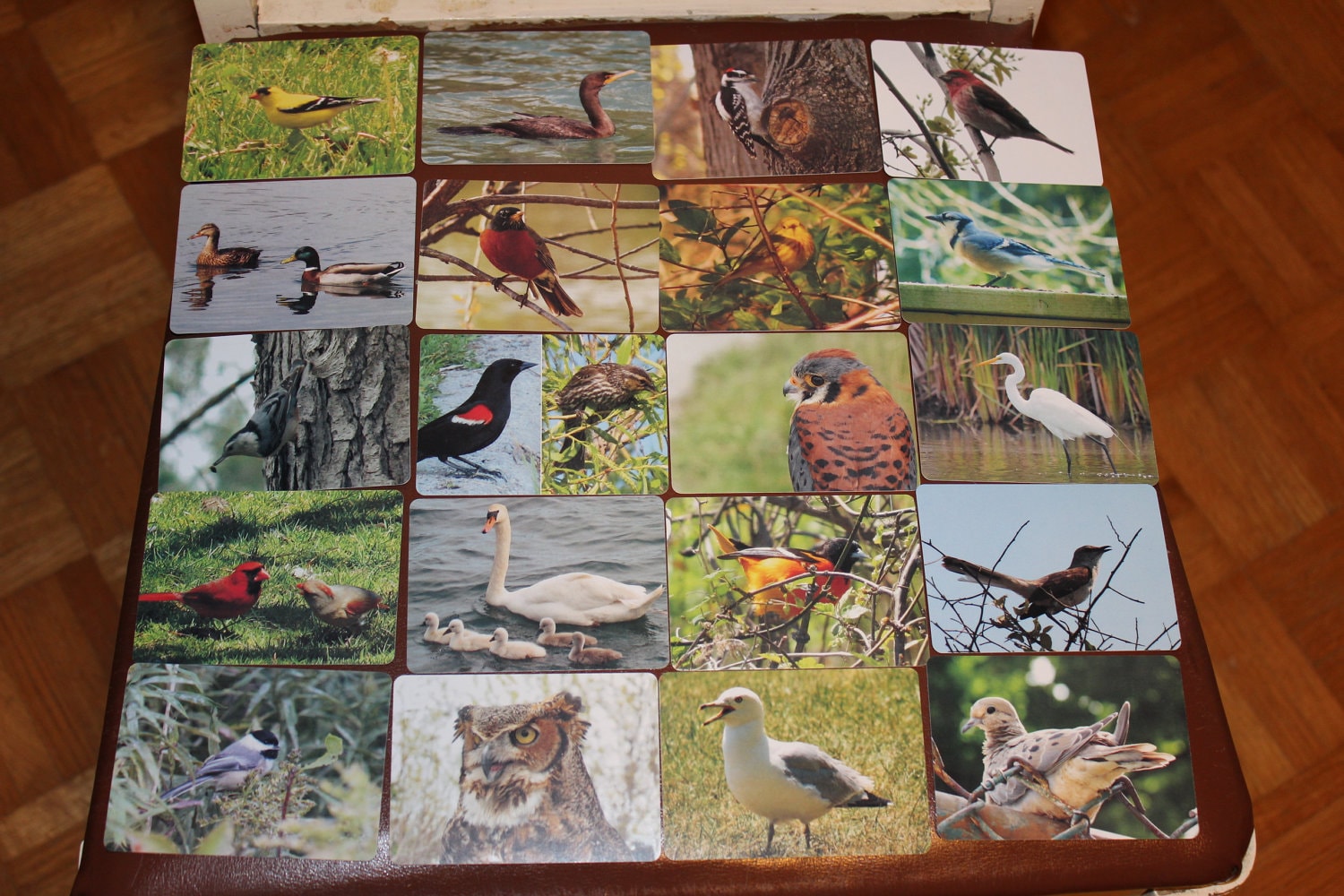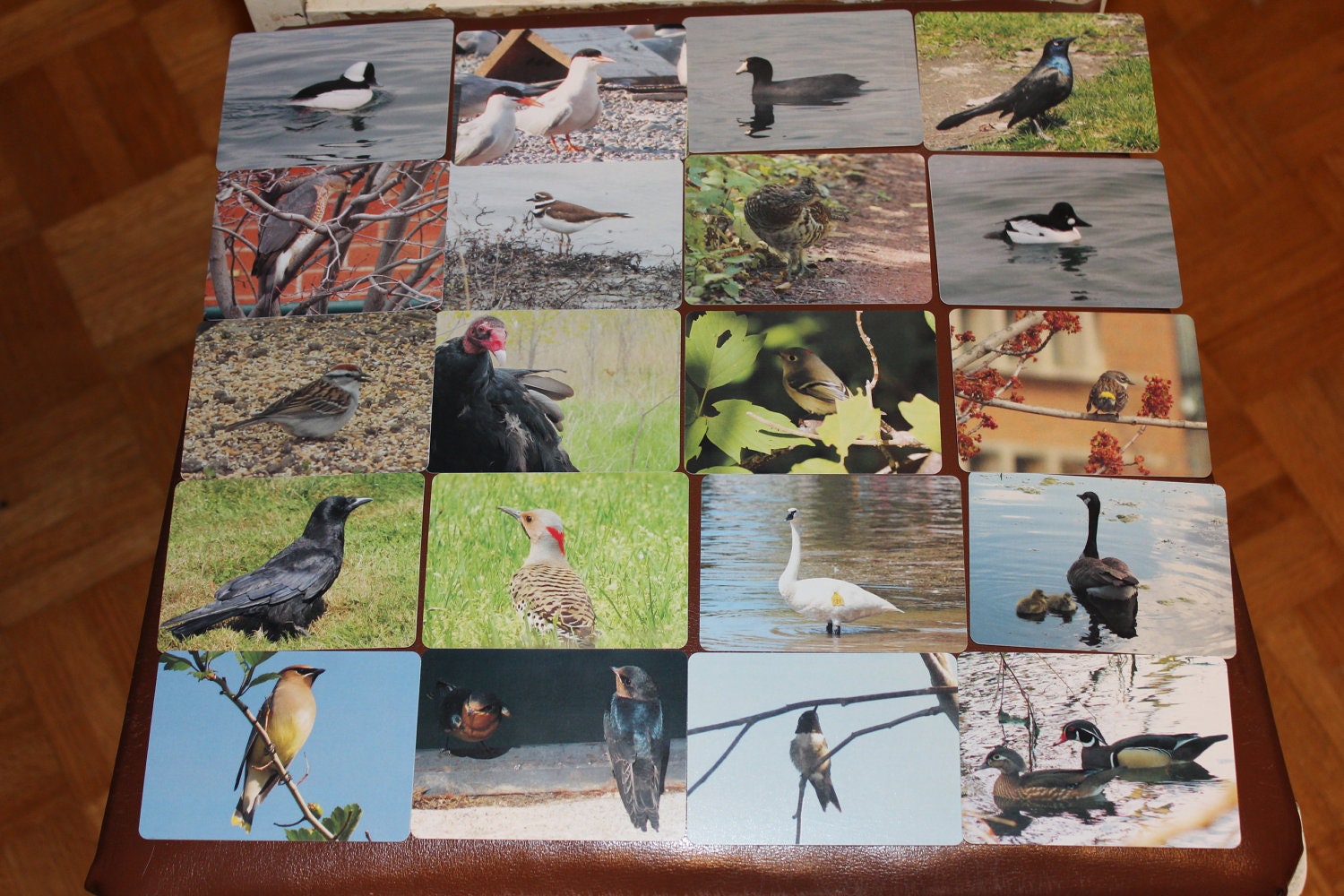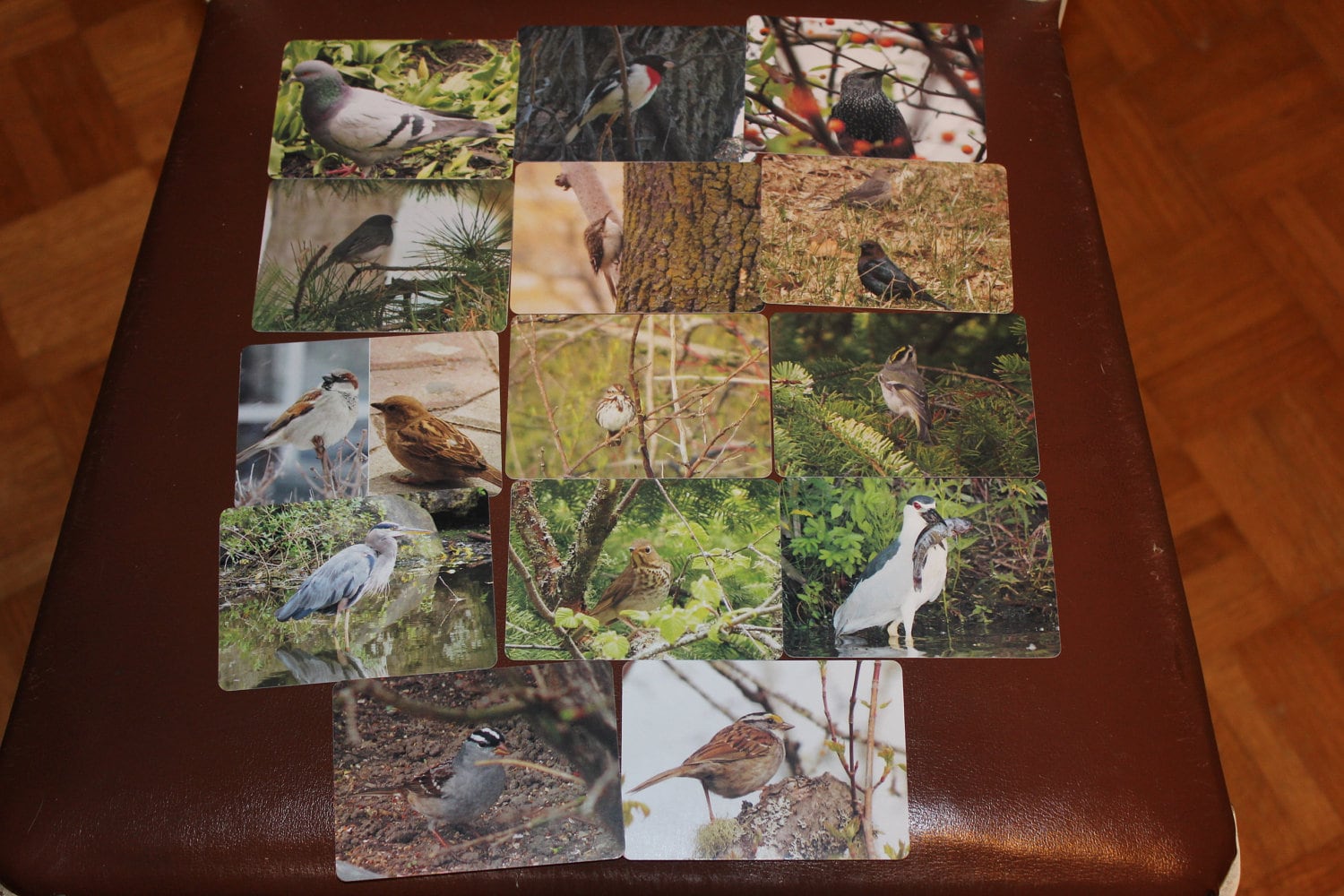There
is a little girl I babysit; let’s call her C. C is four years old. This past
spring (I guess she was still three then) I walked her to daycare three
mornings per week, and picked her up for the walk back in the afternoons. This
15 minute walk twice per day gave us ample opportunities to discover her
neighbourhood, and I would chatter along about whatever interested me – the
tree that was sprouting new buds, the first flowers that were opening, and the
return of the birds.
I
didn’t explicitly teach her very much, but somehow or other she gradually
picked up the names of the birds. Before long, she could reliably identify
Robins, Sparrows, Pigeons, Starlings, Mourning doves, Cardinals, among others.
Eventually she could even tell the difference between “boy and girl” sparrows,
and know when a cardinal was near just by its song.
Her
parents were impressed (how often do you hear a three year old casually say,
“Look Mama, it’s a Starling”?). I was surprised at first too, but I realized
that kids exhibit such discrimination skills from a very early age – I’ll bet
most two year olds can tell you the name of every “Dora” character or describe
the exact details of every Disney princess. Why should birds be any different?
Even
very young children are quite capable of learning an astonishing array of
things, if only we present them with the opportunity, and are ourselves excited
by it (C may not have learned the birds’ names so readily if she had not been
exposed to my obvious and genuine interest in them as well).
Even her 18-month old sister started pointing out the window and exclaiming
“dobin!” excitedly whenever the red-breast would appear.
I
think we expose our children to too much of an artificial childhood. It
honestly makes me vaguely uncomfortable when I encounter a school aged child
that can rattle off television/videogame characters and characteristics, but
doesn’t even have a simple understanding of how a tree grows, the names of
creatures in their own backyards, or even a basic understanding of cooking,
work, money, or even how their own bodies work. I have babysat many three/four
year olds that could provide me with a basic description of the digestive
system, a simple but accurate explanation of the uprising in Egypt and why
Mubarak was “not good”, and plenty of other things related to the world around
them. Children are sponges, and they are hungry for a deep understanding of the
world, albeit in language and terms appropriate to their age. They are quite
capable of participating in the “real” world; we don’t need to feed them
commercialized fairy tales. It doesn’t take any special training. I always
describe anything to a child that they want to know, regardless of their age. I
even managed once to explain an election to a toddler by simply saying that
everyone in the city was going to pick the best person to “take care of” the
city – she understood this perfectly, and was a lot happier than if I’d just
said “you’re too little to understand.”
Partially
inspired by C’s interest, I have created a deck of "bird flash cards". They
have a photo of a common bird on the front (all taken by me) and the bird’s
name on the back. They've been a hit with everyone I've shown them to so far.





